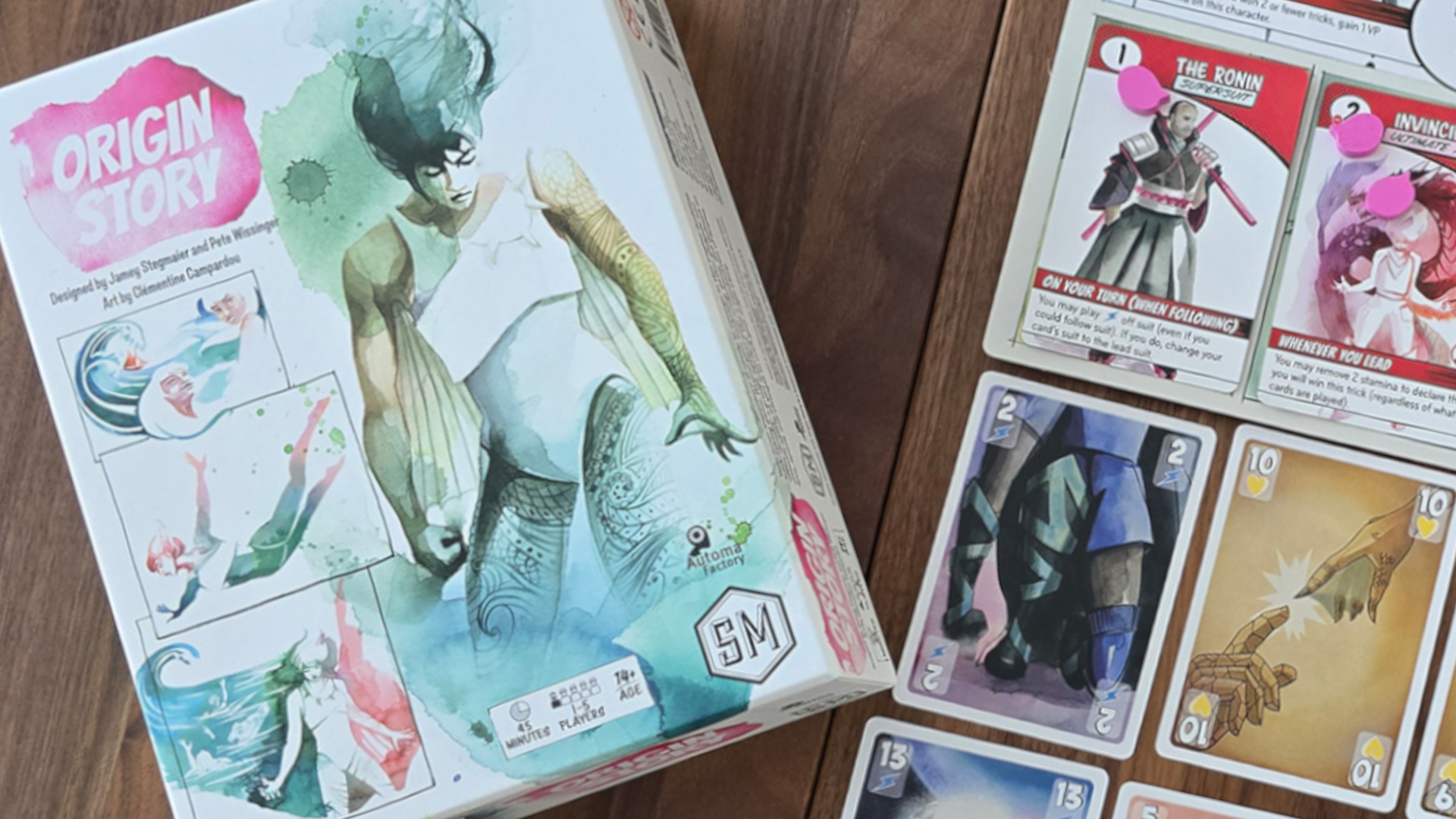10 years later, Metal Gear Solid 5 remains a masterpiece that was never going to live up to its own hype
Opinion | Kept me waiting, but it was pretty good
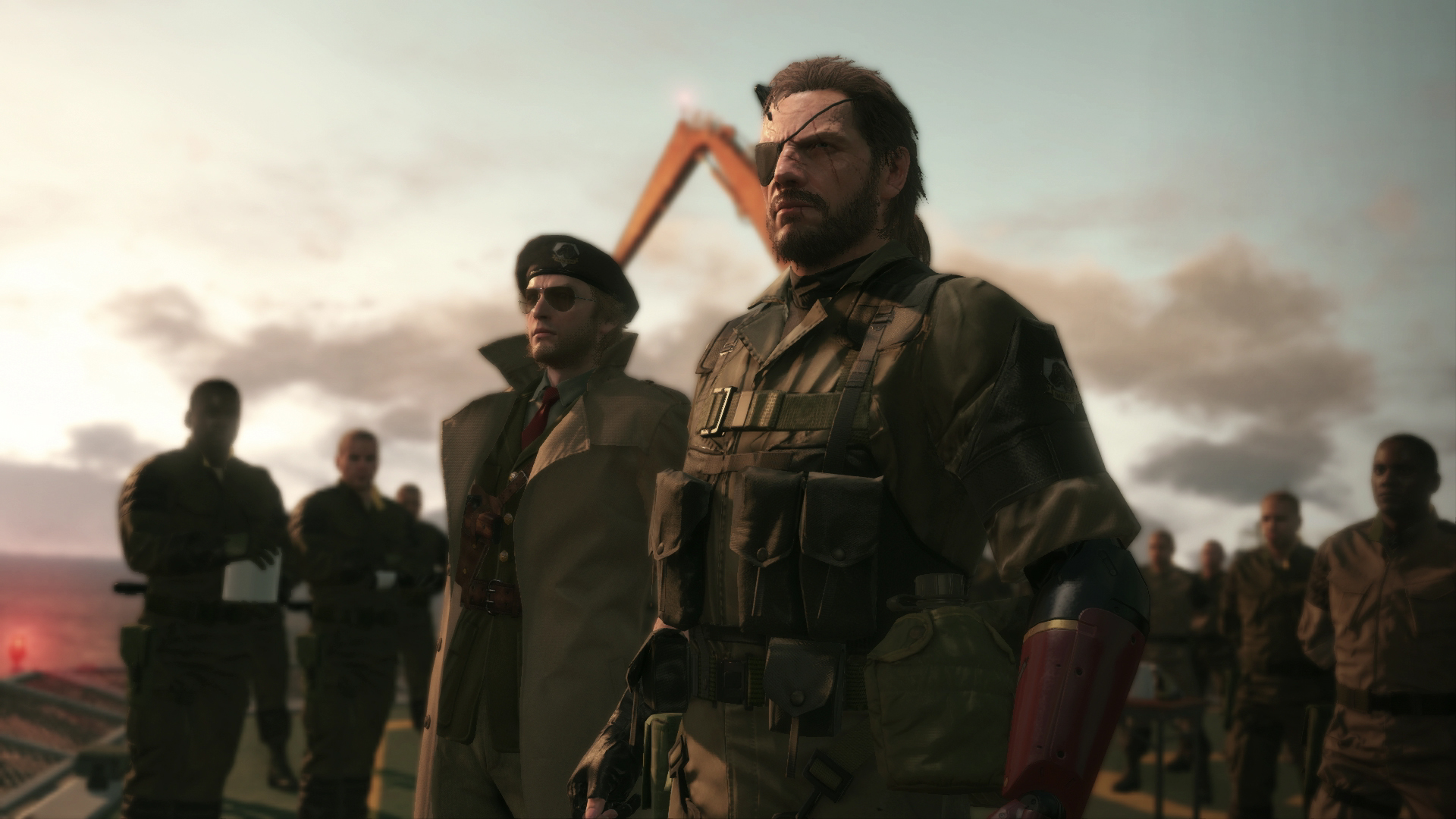
Between the months of December 2012 and September 2015, I don't think a day went by when I didn't think about Metal Gear Solid 5: The Phantom Pain. I've never been that excited for a game before or since. The game was poised to be the most important MGS story ever, bridging the final gap between Big Boss' story and the first time he and Solid Snake faced off in Metal Gear, finally showing when he turned into a bad guy.
It's hard to overstate just how hyped up the fanbase was for Metal Gear Solid 5. The game's trailers were among the best ever made and inspired a ton of discussion and theorycrafting (the big twist was guessed after the first trailer, by the way).
Little did we know that few of our questions would be answered, with a game that was by all accounts 'unfinished,' or that this would be Hideo Kojima's final Metal Gear. And yet despite what should have been a massive disappointment, I still think of it as a masterpiece.
Here's to you
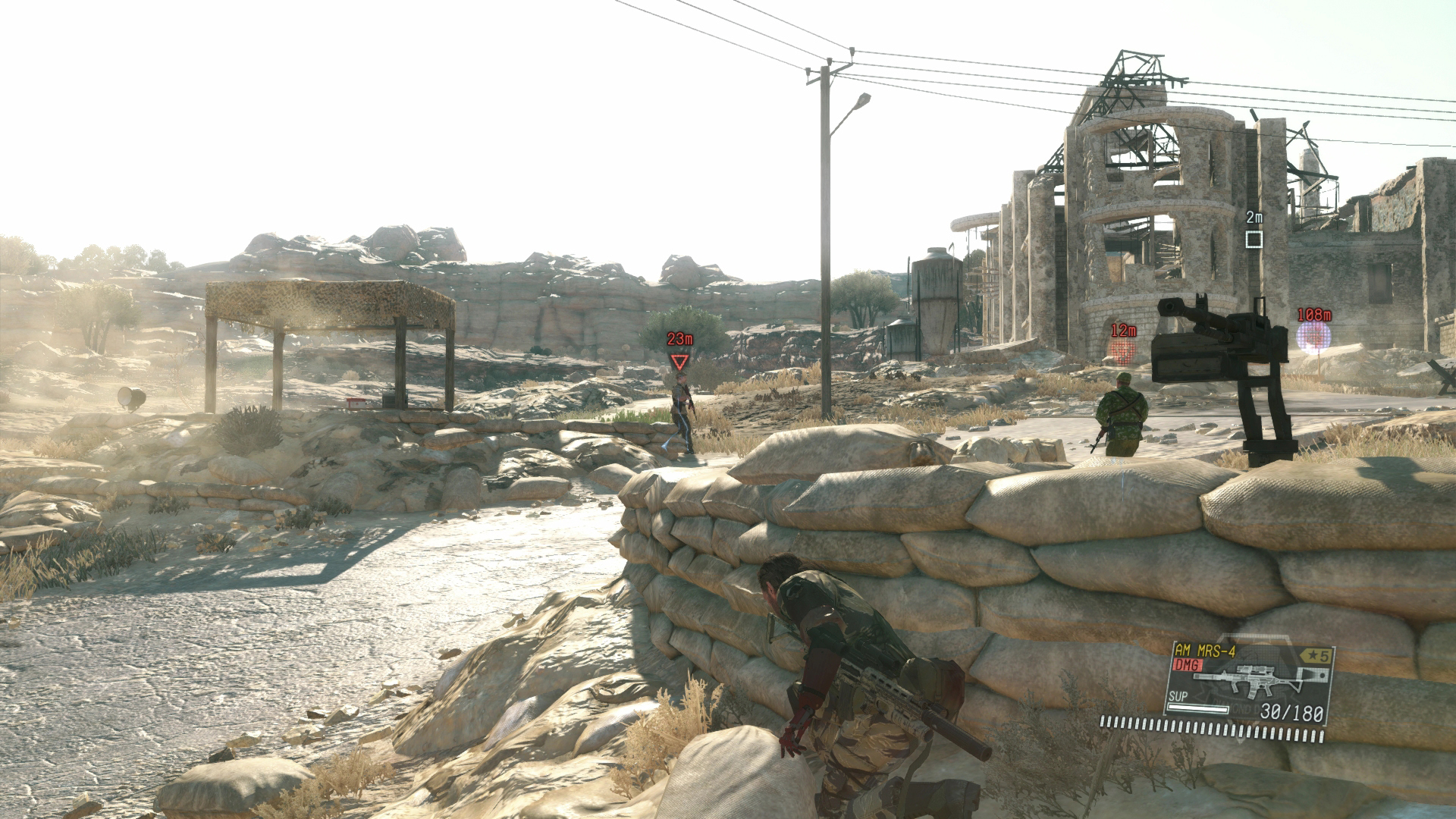
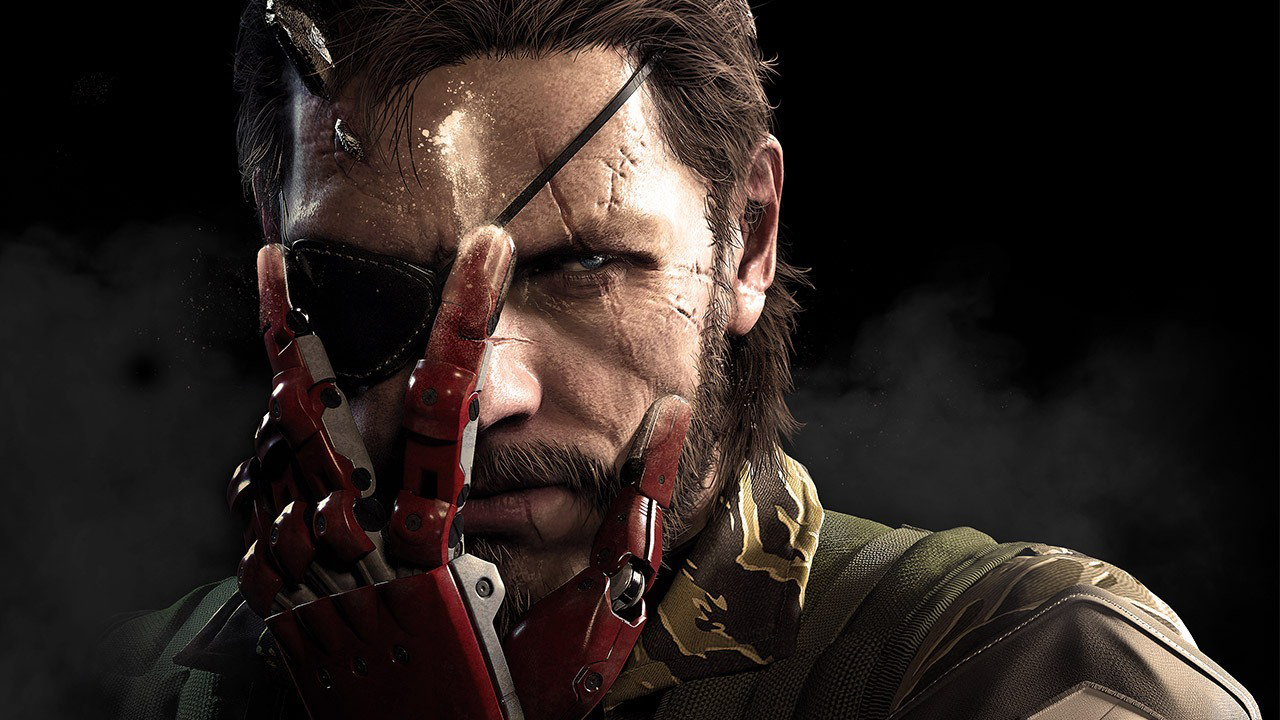
To close the book on Metal Gear Solid 5, we need to work together
Now, Metal Gear Solid 5 is hardly derided. It received rave reviews and countless Game of the Year nominations and wins (including here at GamesRadar+). That was mostly down to the gameplay. While it was heavily touted as the game where "MGS goes open world," that alone didn't make it shine. It was how the player can interact with that world – having more in line with immersive sims than the typical open world formula people were used to at the time – and being the first game I can think of that felt truly free.
The core of Metal Gear Solid 5 is the player having an idea, trying it out, and 99% of the time it works. In one mission, Snake has to assassinate an PMC official that is meeting an arms dealer on an airfield. You could run in guns blazing and take him out as soon as he lands, extract him and the dealer to join your ranks at mother base, sneak into the airport and stick a C4 to his contact's ass, or strap a C4 to a car and send it flying off a hill into the helicopter as he tries to escape. You have so many ways of going around a mission, which is a far cry from the likes of sprawling Rockstar games, which get pissy when you try and walk five feet off the intended path. This is a game where you can end an intense sniper duel by calling for an equipment airdrop and having the box land on the enemy's head.
Of course, there's also the long-touted reactivity. If you exclusively do infiltrations at night, enemies will start wearing night vision goggles. Go for headshots, they'll start wearing helmets. It's not often that a game is so good that it can ruin an entire genre, but since The Phantom Pain, I've not been able to vibe with the generic open worlds, with only a select few like The Legend of Zelda: Breath of the Wild and Dragon's Dogma 2 captivating me. And the core of that is freedom of expression and allowing the player to make their own way.
From the man who sold the world
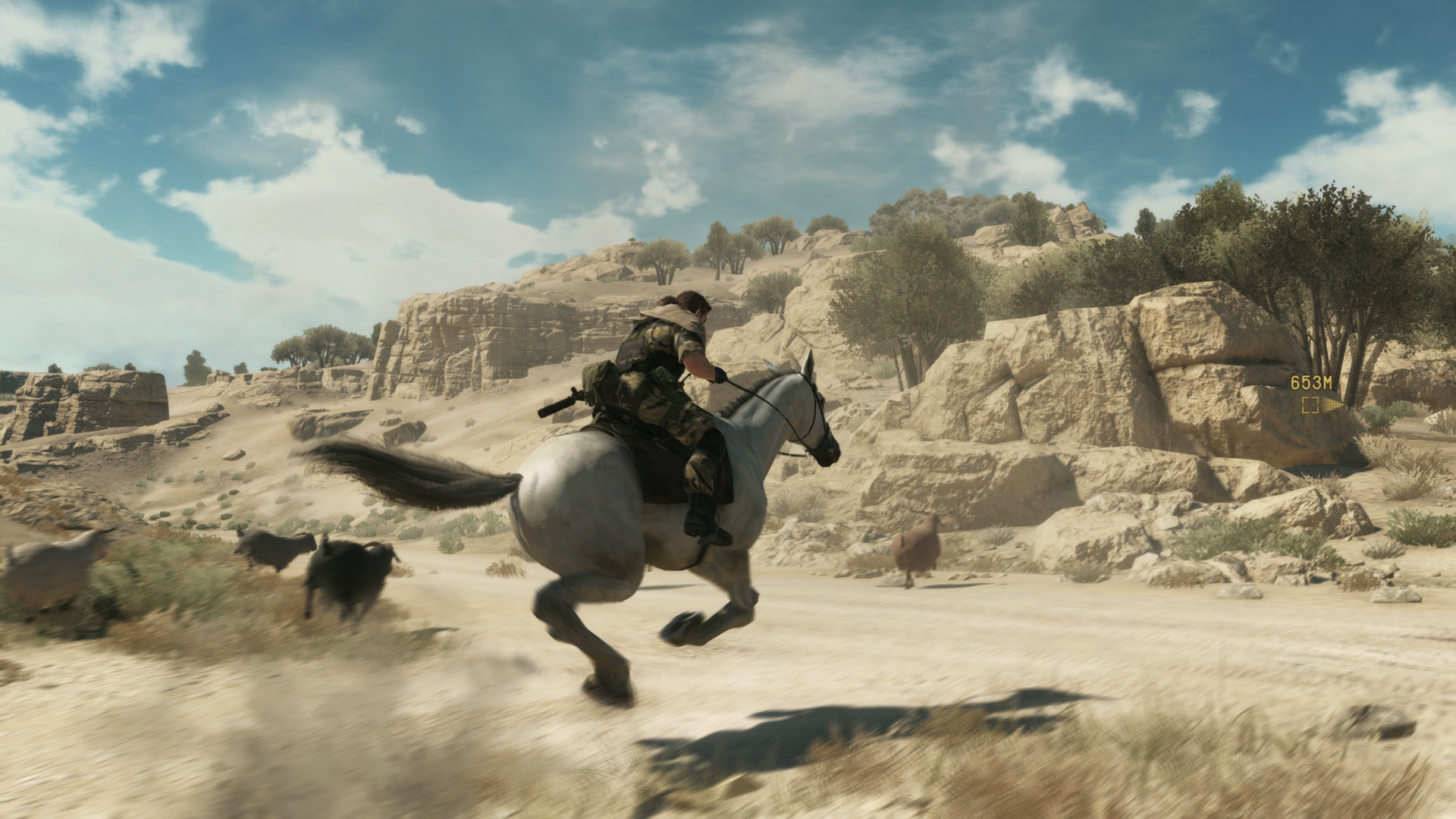
As alluded to earlier, Metal Gear Solid 5 was "unfinished," but what does that actually mean? The game's second act consisted of few new missions, instead many repeated missions with challenges (beat without bringing any kit, etc.), and there was a cut mission which was detailed on the collector's edition. We never actually saw the event that causes Big Boss' heel turn, which would lead to him being the villain in the MSX games (with the E3 2014 trailer feeling like it was setting it up how bleak it was). That part wasn't unfinished at all – it just wasn't something that was in Metal Gear Solid 5.
Weekly digests, tales from the communities you love, and more
At the end of The Phantom Pain, you learn that – as Venom Snake – you weren't playing as Big Boss at all. You were a medic that was caught in the explosion during the events of Ground Zeroes, who through surgery and hypnosis, was led to believe he was the former Naked Snake. At the end of the game you get a monologue from the real Big Boss, thanking you for helping create the myth of "Big Boss" and saying that the title is shared. Venom walks off into the darkness of Outer Heaven, presumably about to meet his end at the hands of Solid Snake in Metal Gear (and thus finally explaining how Big Boss came back to life in Metal Gear 2: Solid Snake).
We weren't playing as Big Boss at all – so when did he turn evil? And while Metal Gear Solid 5 has an underwhelming story, the way it actually gives us the answer – effectively "Have you been paying attention?" – is a stroke of genius.
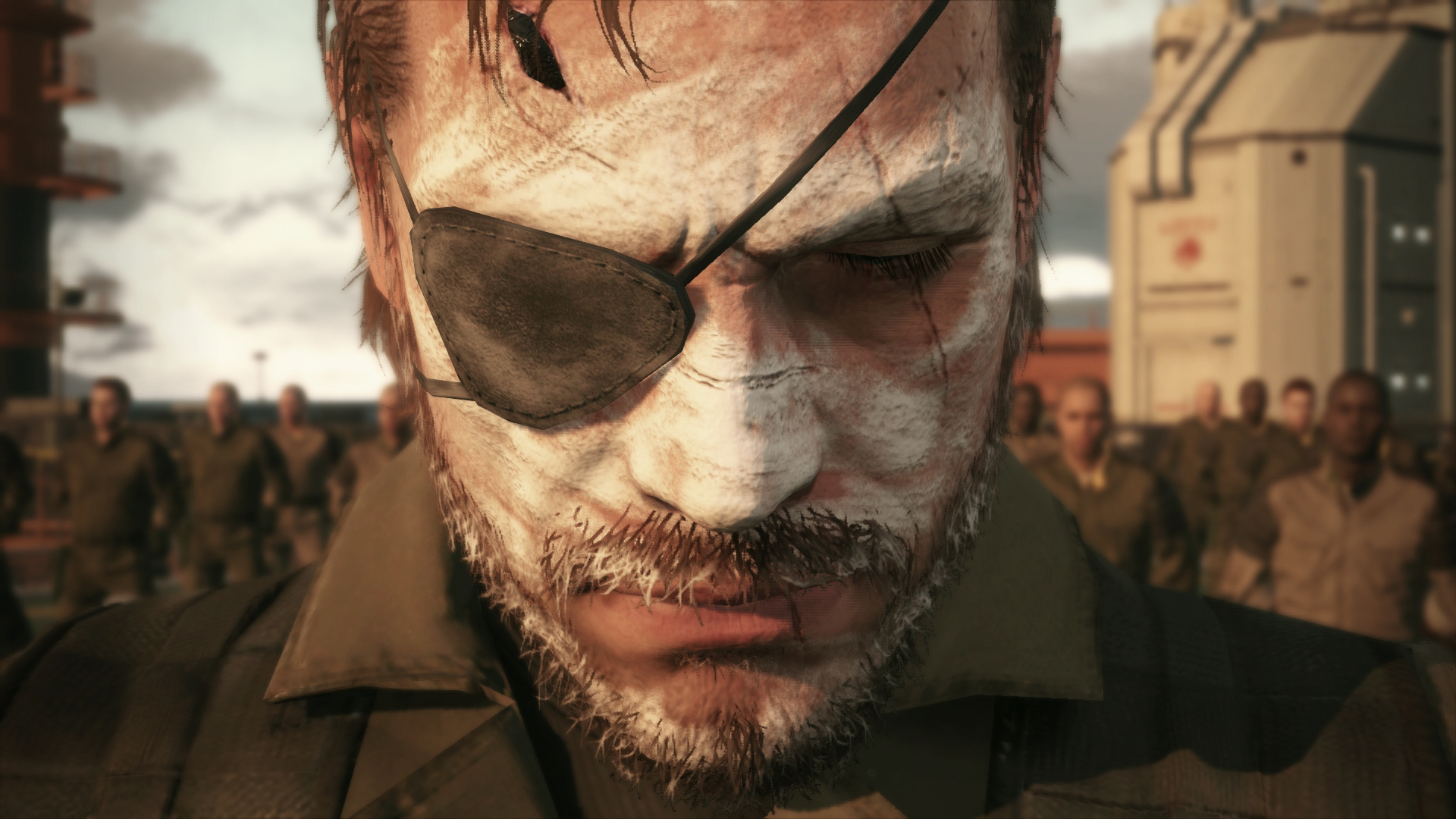
In every game we play as Big Boss, he's a heroic figure, the protagonist who saves the day. But in the previous game, Metal Gear Solid Peace Walker, he's also the guy who runs a PMC, profiting from all sides of wars, forcibly taking soldiers to work for him, recruiting Chico – who was not even a teenager – and after averting a nuclear launch, kept Metal Gear Zeke and ensured Militaires Sans Frontières was equipped with nukes. Plus, stealing a guy's life and identity so that he can continue your legacy in aid of recruiting more soldiers is pretty messed up too, huh?
At the end of the E3 2013 trailer, we hear Big Boss say, "Kaz, I'm already a demon," and I don't know if I'm overthinking it, but that perfectly underscores how this game handled it. There was no big dramatic event that caused Big Boss to snap and become a bad guy; there was no monologue, or massive betrayal. Big Boss is a heroic figure, but he was already a demon when The Phantom Pain took place.
It's been 10 years since The Phantom Pain was released, and I have still never been as excited for a game since. It's not an exaggeration to say my anticipation for it helped me out during some rough spots. The ideal, finished version of Metal Gear Solid 5 in my mind is the perfect game, and while that never happened, what we got was one of the best examples of an immersive sim with a story that – while barebones – made me re-evaluate previous entries. It may be flawed, but it's still a masterpiece that I can't stop thinking about a decade on.
See where Metal Gear Solid 5 ranks on our round-up of the best open world games
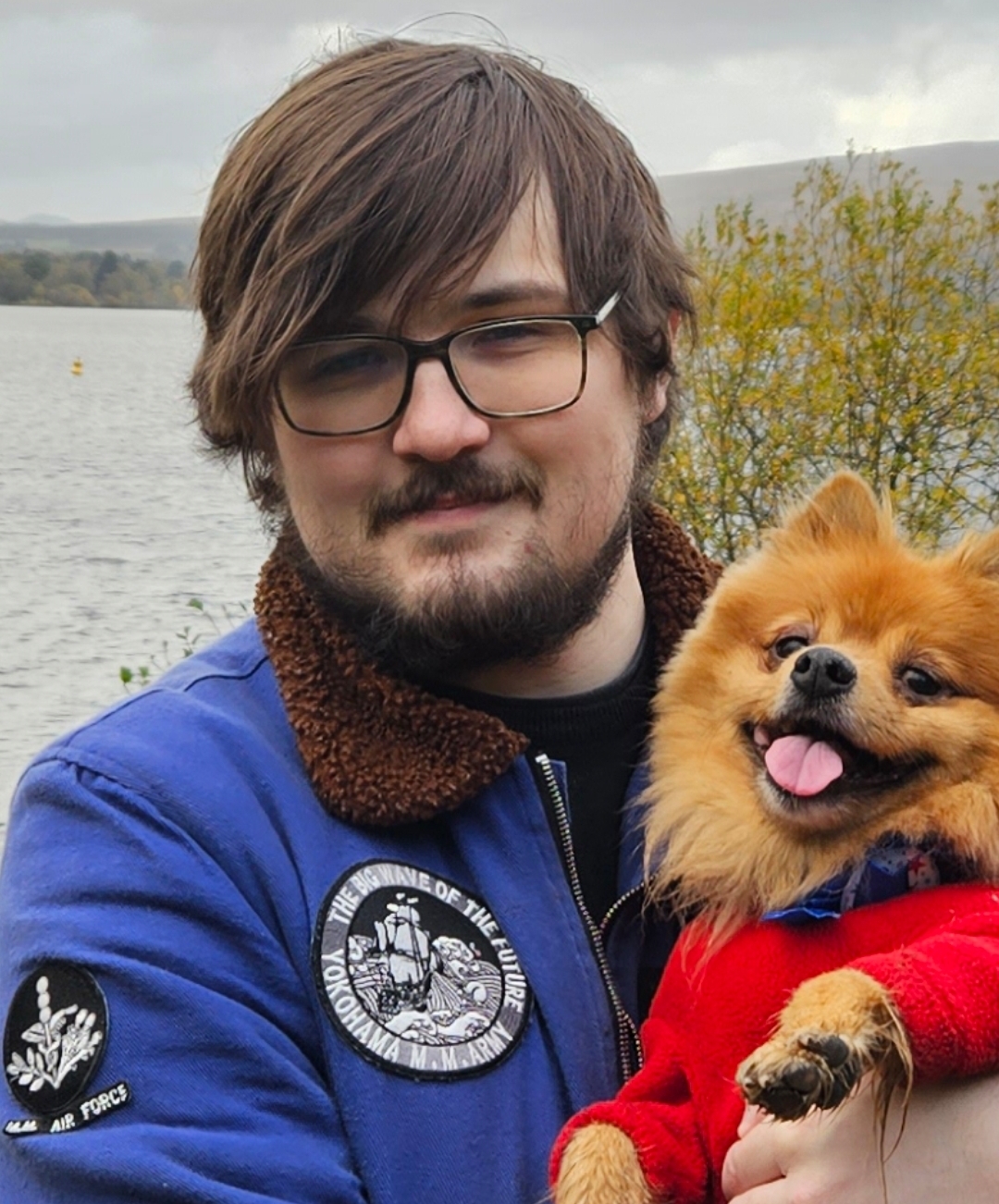
Scott has been freelancing for over three years across a number of different gaming publications, first appearing on GamesRadar+ in 2024. He has also written for the likes of PC Gamer, Eurogamer, VG247, Play, TechRadar, and others. He's typically rambling about Metal Gear Solid, God Hand, or any other PS2-era titles that rarely (if ever) get sequels.
You must confirm your public display name before commenting
Please logout and then login again, you will then be prompted to enter your display name.
